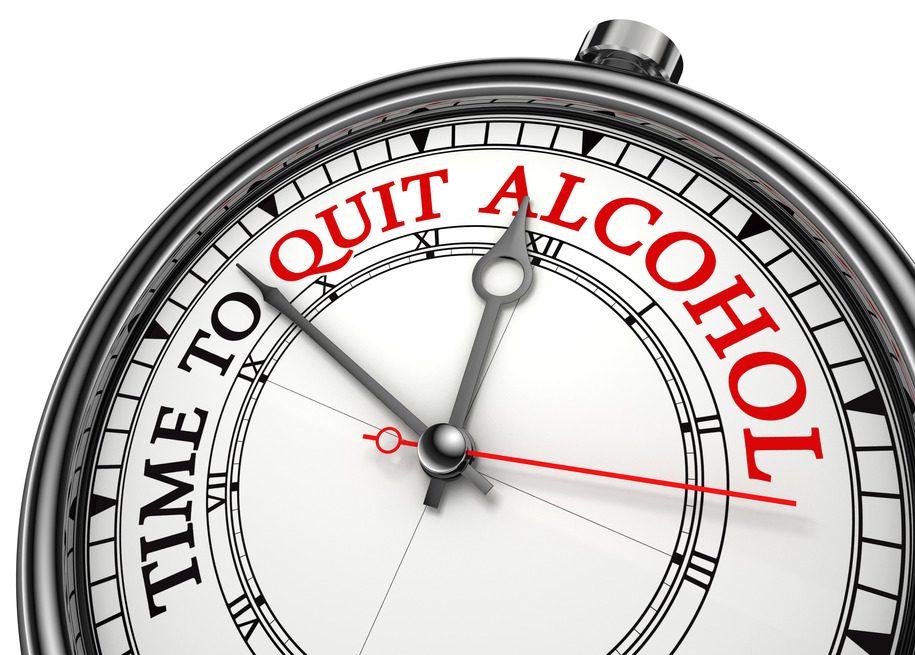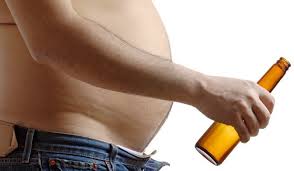Fetal Alcohol Spectrum Disorder

Fetal Alcohol Spectrum Disorder comes with a host of complications like malnutrition and the solution is quitting
Fetal Alcohol Spectrum Disorder: FASD for prevention of mental retardation
According to the experts at AWAREmed Health and Wellness Resource Center, Fetal alcohol spectrum disorder (FASD) is actually the leading known cause of preventable mental retardation. It can occur anytime a pregnant woman drinks alcohol or any other drink with alcohol content. To solidify that, research has numerously demonstrated that drinking any alcoholic beverage is harmful, especially if it is binge drinking that is to say consuming four or more drinks on one occasion. Besides that it is also important to note that even a single binge during pregnancy has been associated with increased risk for learning disabilities in the newborn. To that effect researchers has established that the odds of a child experiencing gross motor skill impairment more than tripled if the child was diagnosed with Fetal alcohol syndrome disorder, or they were exposed to alcohol while still in the womb. And like we mentioned in the introduction that when we are expecting bundles of joy we must do all it takes to keep them safe, it is therefore necessary that all pregnant women must abstain from any alcoholic drink before, or during pregnancy and after even after delivery. In other words the simple fact is that a pregnant woman should not drink at all says doctor Dalal Akoury.
Fetal Alcohol Spectrum Disorder: Plain and simple, a pregnant woman shouldn’t drink alcohol
This might sound harsh to some of us but for our own wellbeing and that of our unborn children, doctor Akoury is not missing her words, she says that “if you’re pregnant it is important that you don’t drink alcohol however if you must drink alcohol then, just don’t get pregnant.” That is not very accommodative to many but it is the naked truth when it comes to the fetal effects of alcohol on pregnancy. This fact is supported because as things stand now, there is no proven safe amount of alcohol during pregnancy. However, if you stop drinking at any time during the pregnancy, it will help the fetus. Here are some Facts about Fetal Alcohol Spectrum Disorder (FASD):
- Drinking any kind of alcohol when you are pregnant can harm your baby, whether it is a 4-5 oz. glass of wine, a 12 oz. serving of beer or a 1.5 oz. shot of distilled spirits (hard liquor) as all contain the same amount of alcohol.
- The easiest way to prevent FASD is to abstain from alcohol use during pregnancy. If a woman never drinks alcohol during pregnancy, her baby will not have problems from prenatal alcohol exposure.
- Remember that you don’t have to be a heavy drinker to have a baby affected by alcohol. Therefore if a pregnant woman drinks any alcohol, it passes directly from her bloodstream to the placenta of the growing baby.
Finally it is important to note that drinking alcohol at any time during pregnancy can cause Fetal Alcohol Spectrum Disorders (FASD) with life-long consequences. When a pregnant woman drinks alcohol, her baby does, too and so the problem continues, that is why you must seek for help from AWAREmed Health and Wellness Resource Center today.
Fetal Alcohol Spectrum Disorder: FASD for prevention of mental retardation
http://www.integrativeaddictionconference.com/wp-admin


 Alcoholism
Alcoholism Alcohol being the problem it is to South Africa; there many public rehabilitation centers that have been set to help deal with alcoholism and help the addicts break the chain of alcohol addiction. However most of these public rehabilitation centers are filled with people as a greater population is affected. The huge number of alcohol addicts has led to a strain on the resources in these centers making it impossible for an addict to get a good treatment, moreover most of these rehab centers take on a strict Christian approach to treating alcoholics which do not suit all of the addicts. This has led to the rise of other private rehabilitation centers to help give an alternative to alcohol addicts.
Alcohol being the problem it is to South Africa; there many public rehabilitation centers that have been set to help deal with alcoholism and help the addicts break the chain of alcohol addiction. However most of these public rehabilitation centers are filled with people as a greater population is affected. The huge number of alcohol addicts has led to a strain on the resources in these centers making it impossible for an addict to get a good treatment, moreover most of these rehab centers take on a strict Christian approach to treating alcoholics which do not suit all of the addicts. This has led to the rise of other private rehabilitation centers to help give an alternative to alcohol addicts.





